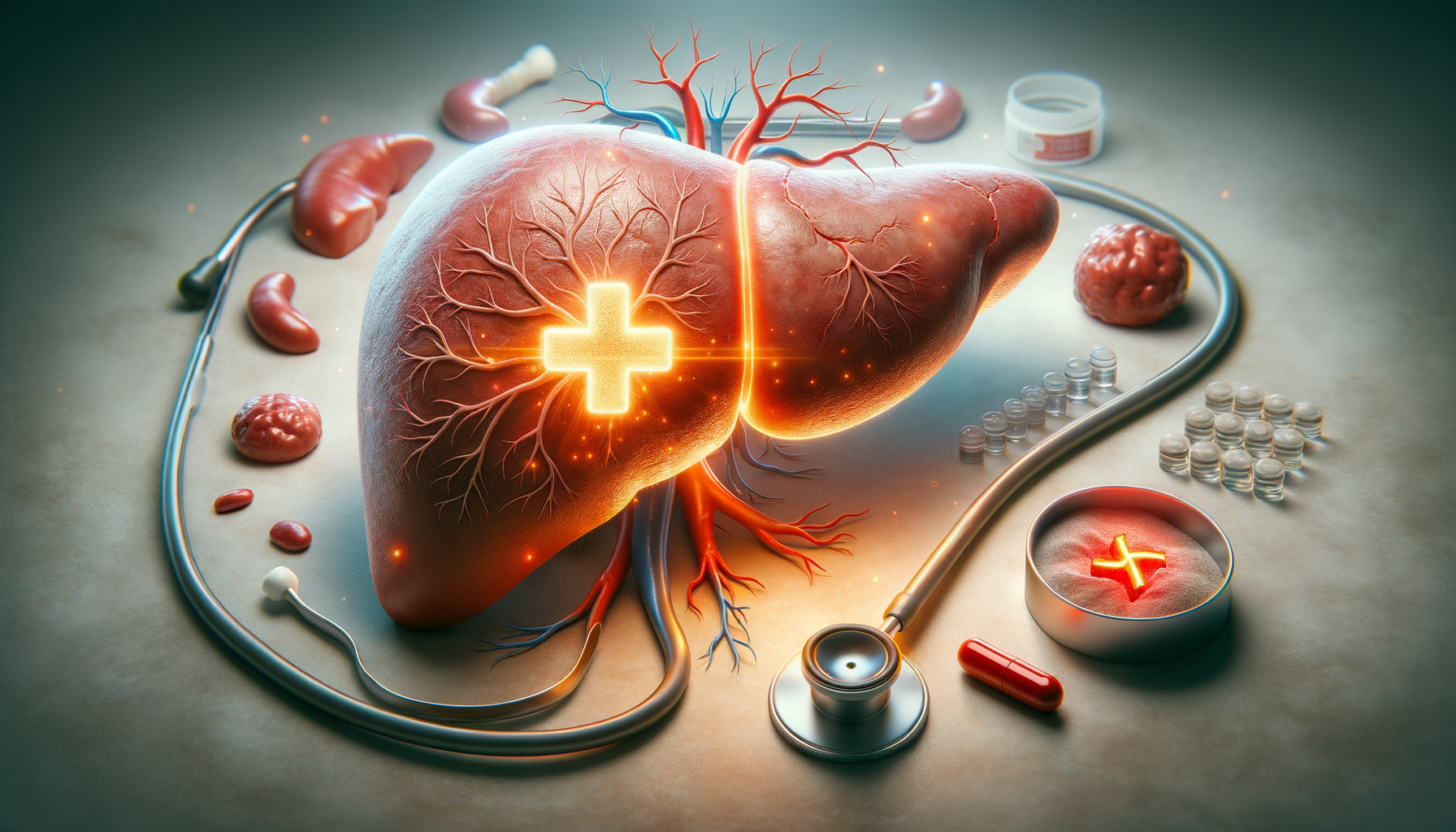
Abdominal Pain and Liver Health: When to Seek Emergency Medical Help
Introduction to Liver Health
The liver is one of the most vital organs in the human body, playing a crucial role in various functions such as detoxification, protein synthesis, and the production of biochemicals necessary for digestion. It acts as a filter for the blood coming from the digestive tract, metabolizes drugs, and detoxifies chemicals. Given its importance, maintaining liver health is essential for overall well-being. Abdominal pain can be a signal of liver distress, making it vital to understand when such pain requires emergency medical help.
Common Causes of Abdominal Pain Related to the Liver
Abdominal pain can stem from various causes, some of which are directly related to liver function. Conditions such as hepatitis, fatty liver disease, liver cirrhosis, and liver cancer can manifest as abdominal pain. Hepatitis, an inflammation of the liver, can be caused by viruses, alcohol use, or autoimmune diseases. Fatty liver disease, often linked to obesity and diabetes, can progress to more severe liver damage if left untreated. Cirrhosis, characterized by scarring of liver tissue, can lead to liver failure if not managed properly.
Recognizing the symptoms associated with these conditions is crucial. Common signs include jaundice, dark urine, pale stool, and unexplained weight loss. When abdominal pain is persistent and accompanied by these symptoms, it may be indicative of liver-related issues that require medical attention.
When to Seek Emergency Medical Help
While not all abdominal pain is a sign of a severe liver condition, certain symptoms should prompt immediate medical evaluation. If abdominal pain is severe, persistent, or accompanied by symptoms such as high fever, vomiting, or confusion, it is critical to seek emergency medical help. These symptoms could indicate acute liver failure or other serious conditions that need prompt intervention.
Emergency medical help is also necessary if the pain is accompanied by signs of jaundice, as this suggests liver dysfunction. The liver’s inability to process bilirubin effectively can lead to a buildup in the bloodstream, causing the skin and eyes to turn yellow. This condition requires urgent medical assessment to prevent further complications.
Preventive Measures for Maintaining Liver Health
Preventing liver-related abdominal pain involves adopting a lifestyle that supports liver health. Key measures include maintaining a balanced diet, staying hydrated, and avoiding excessive alcohol consumption. A diet rich in fruits, vegetables, whole grains, and lean proteins can support liver function and reduce the risk of liver disease.
Regular exercise is also beneficial, as it helps maintain a healthy weight and reduces the risk of fatty liver disease. Additionally, avoiding the use of illicit drugs and practicing safe sex can prevent viral hepatitis infections. Vaccinations for hepatitis A and B are recommended for individuals at risk, as they provide protection against these viruses.
Conclusion: The Importance of Timely Medical Intervention
Understanding the link between abdominal pain and liver health is crucial for timely medical intervention. While not all abdominal pain is related to liver issues, recognizing the symptoms and knowing when to seek medical help can prevent complications and promote liver health. By adopting preventive measures and staying informed about liver health, individuals can reduce their risk of liver-related diseases and enhance their overall well-being.